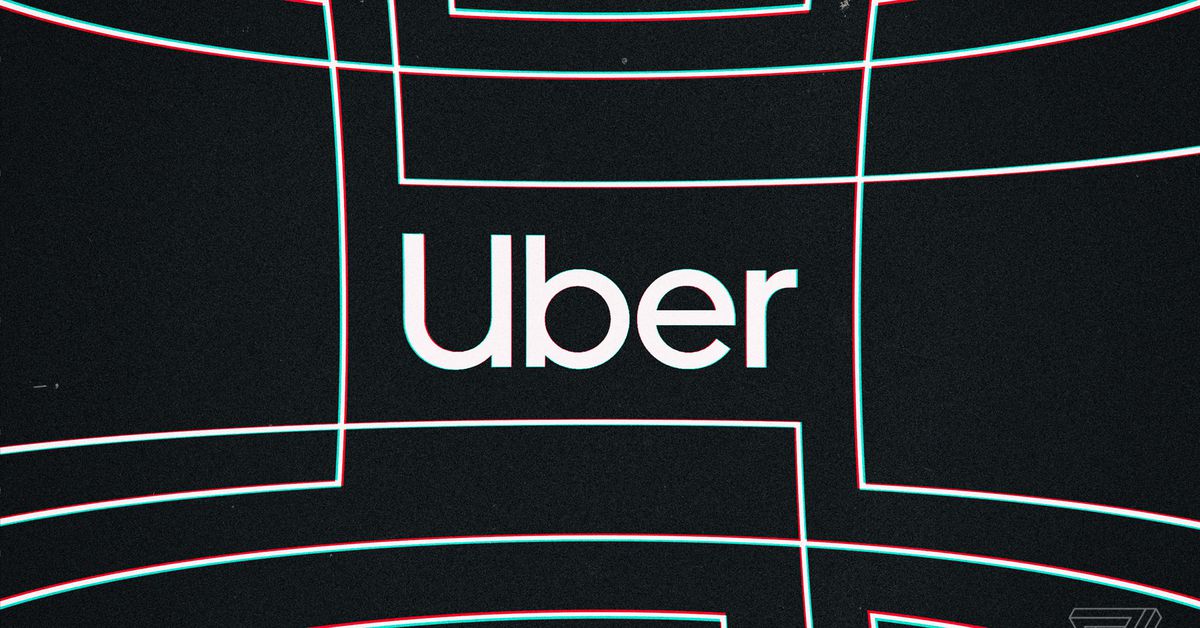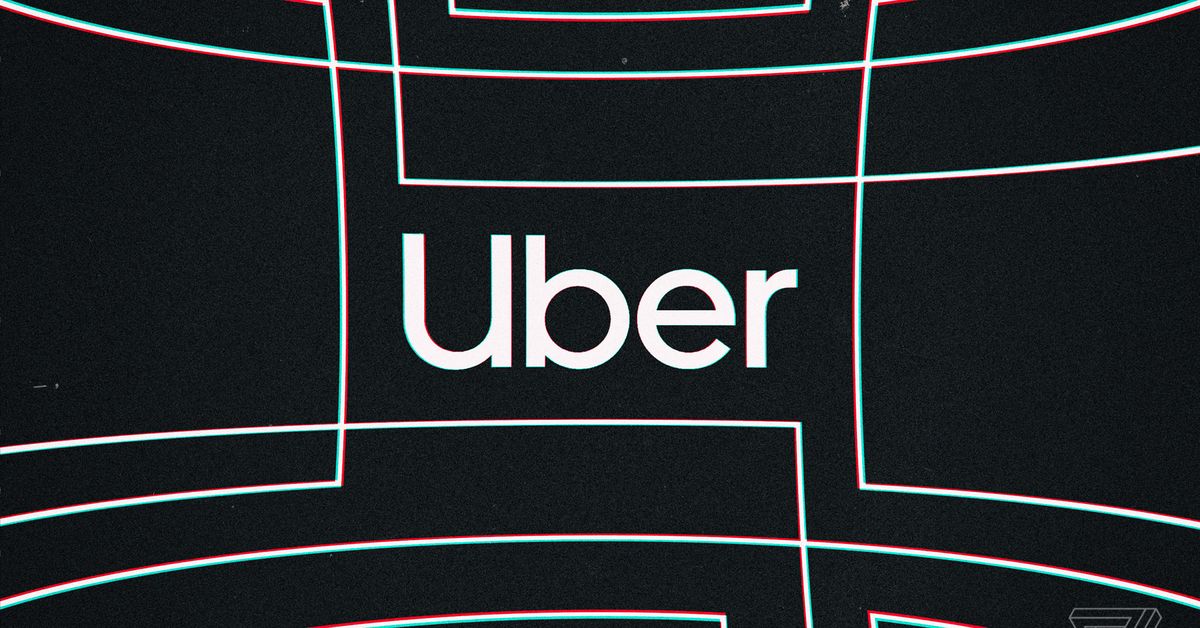
Uber will classify around 70,000 drivers in the UK as workers and give them some benefits after losing an appeal at the Supreme Court level in February, following a years-long legal battle over their employment status. Drivers will still not be considered full-time employees, but they will receive a minimum wage, holiday time, and will be enrolled in a pension plan starting on March 17th.
The decision in February was one of the biggest wins yet for drivers, and for gig workers writ large, in the UK. But that victory came just a few months after voters in California approved Prop 22, a ballot measure that reversed a previous decision to classify drivers as employees. And despite repeated claims that classifying drivers as employees would make things more expensive for customers, all the major gig economy companies have since raised prices anyway. Uber, which helped bankroll the effort to pass Prop 22, is now looking at making similar moves in the European Union.
The case Uber lost in February began all the way back in 2016 when two drivers argued that Uber had too much control over their actions to not be considered their employer. Uber lost but continued to appeal all the way up to the UK Supreme Court, which affirmed the lower-court decisions in February.
Uber and companies like it have long argued that classifying drivers too rigidly would make it harder for them to work when they wanted, and that flexibility was just as, if not more, important than benefits and other protections afforded by more official employment status.
In an op-ed published Tuesday in the Evening Standard, Uber CEO Dara Khosrowshahi said it is “increasingly clear to us that flexibility alone is insufficient, and that it should not come at the expense of social protections.” But he added that he believes “outdated employment laws essentially force that trade-off.”
